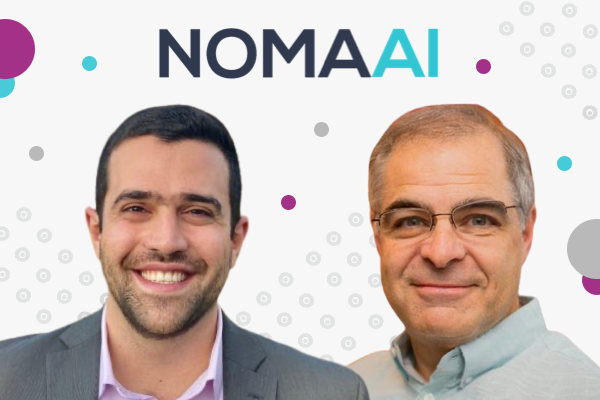Beta Boom is happy to announce our investment in the pre-seed round of NOMA AI. The company, based in Pittsburgh, Pennsylvania, is developing a machine learning platform that analyzes hundreds of real-time and historic clinical variables about patients to help clinical teams proactively identify risks of medical complications.
The key differentiation of the platform is its focus on integrating with multiple clinical data sources beyond just electronic health record systems. This enables the system to offer accurate real-time and point-of-care predictive assessment based on more up-to-date data points through continuous patient monitoring systems such as bedside monitors.
NOMA AI is initially focused on maternal hemorrhaging, the leading cause of maternal mortality worldwide, costing hospital systems $1.8B annually in the U.S. alone. However, applications of the company’s technology are manifold. NOMA AI’s solutions help clinical teams proactively identify problems and intervene early to prevent complications such as maternal hemorrhage, ultimately saving lives and reducing healthcare costs.
In the realm of maternal hemorrhage, this solution is one of the first to move away from simple blood loss estimation, which can be prone to error and delayed prognosis. Current solutions underestimate 50% of cases. NOMA AI provides an automated, dynamic, and more accurate risk assessment, already shown to better identify 89% of patients at risk of hemorrhage.
The founding team brings over three decades of experience in life sciences, machine learning, and medical technology. Dr. Gilles Clermont, Chief Medical Officer, has been leading AI projects in healthcare for nearly 25 years and is a professor of Critical Care Medicine and Clinical and Translational Science at the University of Pittsburgh. He brings extensive research and publications in the application areas of hemorrhage detection, sepsis, and hypotension.
Dr. Salim Malakouti, CEO, has a PhD in Computer Science and also brings a breadth of development experience in clinical software and AI. He has spent the past 10 years researching and building applications related to predictive modeling and large-scale, real-time data collection for healthcare and clinical settings.
The founders previously collaborated on a clinical decision support system for clinical teams that served as the basis for NOMA AI. This proprietary platform was field-tested and used to deploy multiple solutions, monitoring 130,000 patients across 17 University of Pittsburgh Medical Center (UPMC) hospitals.
The company now has a large-scale, multi-center pilot in the contracting phase for six hospital systems, including around 40 centers.
If you’d like to be connected with Dr. Malakouti or Dr. Clermont, please feel free to reach out to me or Kimmy.

